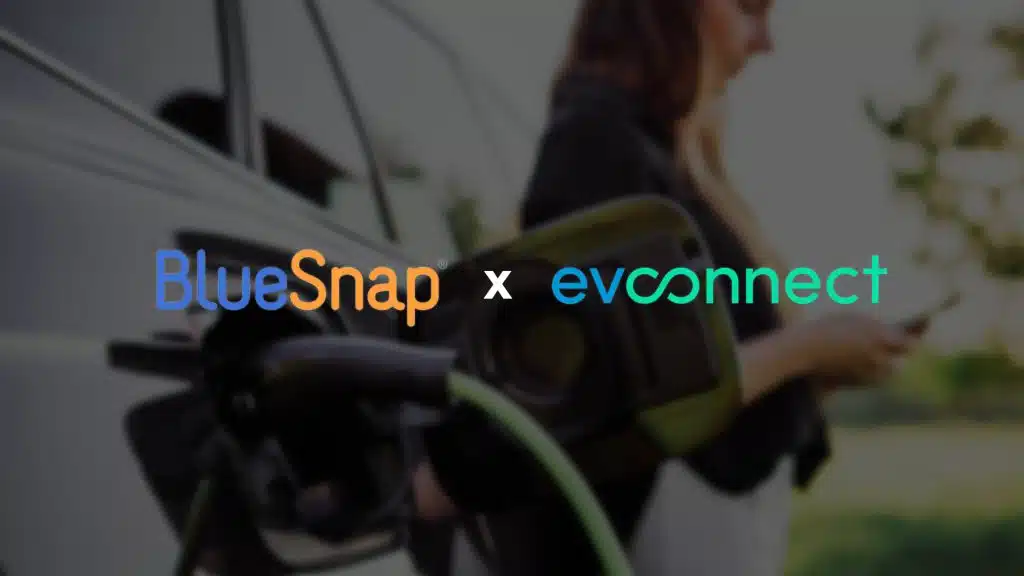The number of public charging stations for electric vehicles has nearly doubled over the past five years to more than 61,000, and that’s leading some major payments platforms to view these venues as an increasingly important market. In the latest development, EV Connect, a business-service provider for these stations, has linked up with the major payments platform BlueSnap Inc. to bring payment processing to station operators.
Under the new arrangement, stations that use EV Connect will have access to payments services and transaction underwriting, along with “preferred pricing models and reduced processing fees,” the company announced Tuesday. Further information about the fee reductions was not immediately available.
As for Bluesnap, the Waltham, Mass.-based company envisions “a new standard for the charging industry that makes premium payment processing simple and accessible, “ said Bluesnap’s chief executive, Henry Helgeson, in a statement about the new arrangement.

The agreement between BlueSnap and EVConnect follows moves to also bring digital payments security to the developing network of EV charging stations. In April, Microchip Technology Inc. introduced a line of touchscreen controllers aimed at securing unattended payment terminals installed at charging stations.
Hacking at EV stations has not yet become a major issue, but station operators see it as a developing concern. With that in mind, BlueSnap-EV Connect collaboration is aimed at bringing real-time fraud detection to EV charging, the partners say.
Indeed, the emergence of EV charging infrastructure has captured the imagination of the payments industry generally. “It’s a rapidly growing segment,” notes Cliff Gray, proprietor of Gray Consulting, a payments advisory. He foresees charging stations keeping payment-acceptance devices separate from the “pump,” unlike the case with gas stations. This will allow stations to upgrade payments acceptance without having to install entirely new charging devices, he says.
He also foresees charging stations relying on subscription services for payments, rather than the “pay-by-the-gallon” approach common at gas stations. This would allow for price predictability for drivers, he says. “It’s a faster, easier service for the consumer,” he says. “I don’t have to worry about that step of paying each time. I don’t want to get caught” with a big EV charging bill.





